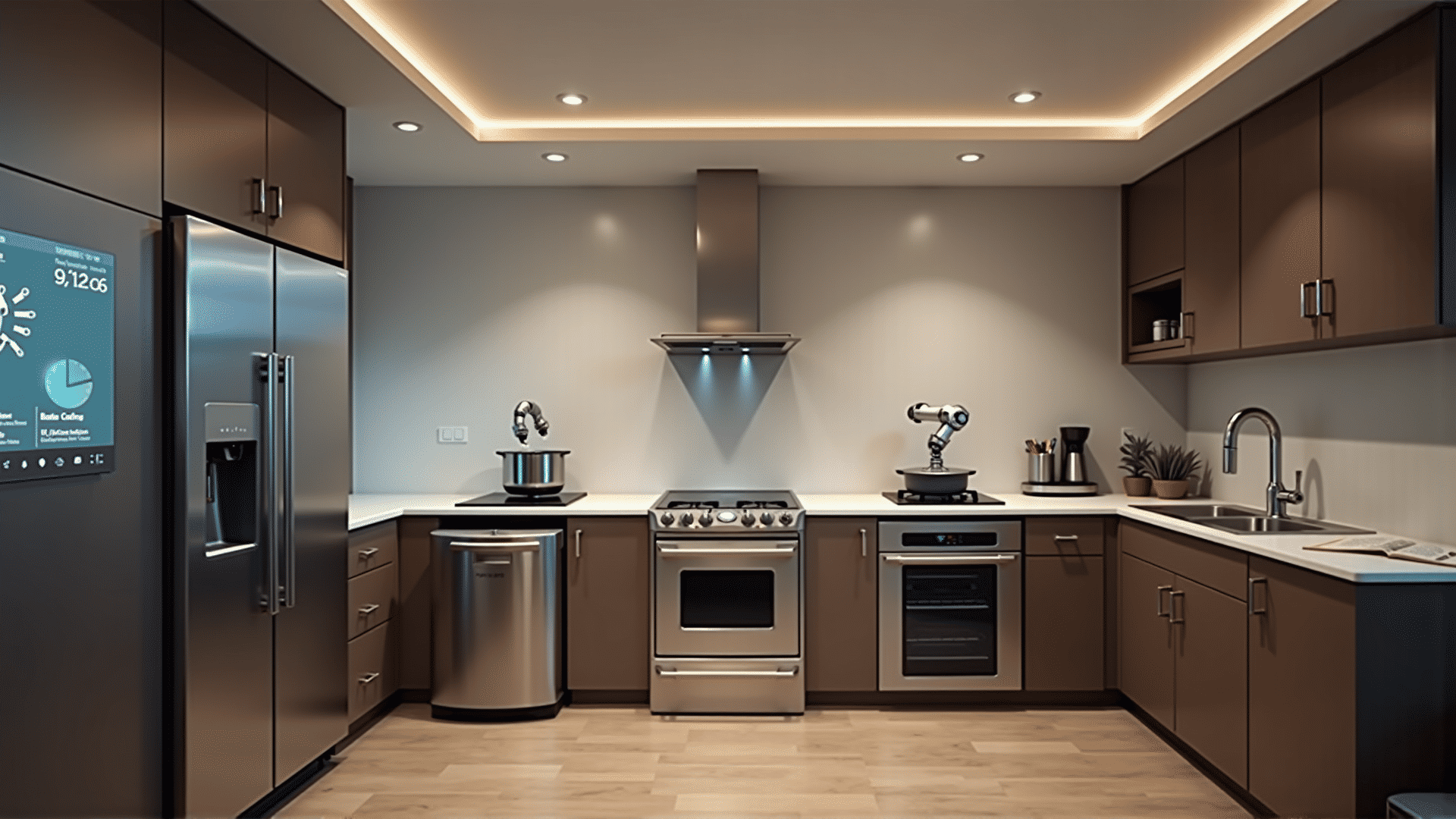Automation has become an essential aspect of modern life, seamlessly integrating into our daily routines and enhancing the comfort and efficiency of our environments. With technological advancements, automation processes are transforming how we interact with our homes and devices, making tasks easier and more manageable.
One of the most notable areas where automation has made significant strides is in smart homes. Smart home technology allows residents to control lighting, temperature, and home security systems remotely, often through simple voice commands or smartphone apps. For instance, programmable thermostats can learn household routines over time and adjust heating and cooling settings to optimize comfort and energy usage. Similarly, automated lighting systems can be set to turn on or off based on occupancy or time of day, enhancing convenience while contributing to energy savings.
Furthermore, personal assistants powered by artificial intelligence have become indispensable companions in our everyday lives. These virtual assistants can help manage schedules, set reminders, and even provide weather updates, making it easier for individuals to stay organized and informed. They can also assist in controlling various smart devices within the home, creating a cohesive and interconnected living environment.
In the kitchen, automation has revolutionized cooking and cleaning processes. Smart appliances, such as ovens and refrigerators, can be controlled and monitored remotely, providing users with notifications when a meal is ready or when groceries need restocking. Robotic vacuum cleaners autonomously navigate through homes, maintaining cleanliness with minimal human intervention.
Transportation has also benefited from automation technologies, with the development of self-driving cars and advanced navigation systems. These innovations promise to increase road safety while reducing travel time and congestion. Automated public transport systems offer efficient and reliable services, enhancing commuter experience and minimizing delays.
The integration of automation into daily life has extended beyond convenience to impact sustainability positively. By optimizing resource use and minimizing waste, automated systems play a crucial role in preserving the environment and encouraging responsible consumption. For example, smart irrigation systems in gardens can adjust watering schedules based on weather conditions, ensuring plants receive optimal care without unnecessary water use.
Ultimately, automation processes are transforming how we live by simplifying tasks, enhancing comfort, and promoting sustainability. As technology continues to advance, the potential for further integration of automation into everyday life is immense, promising even more opportunities for efficiency and innovation.
